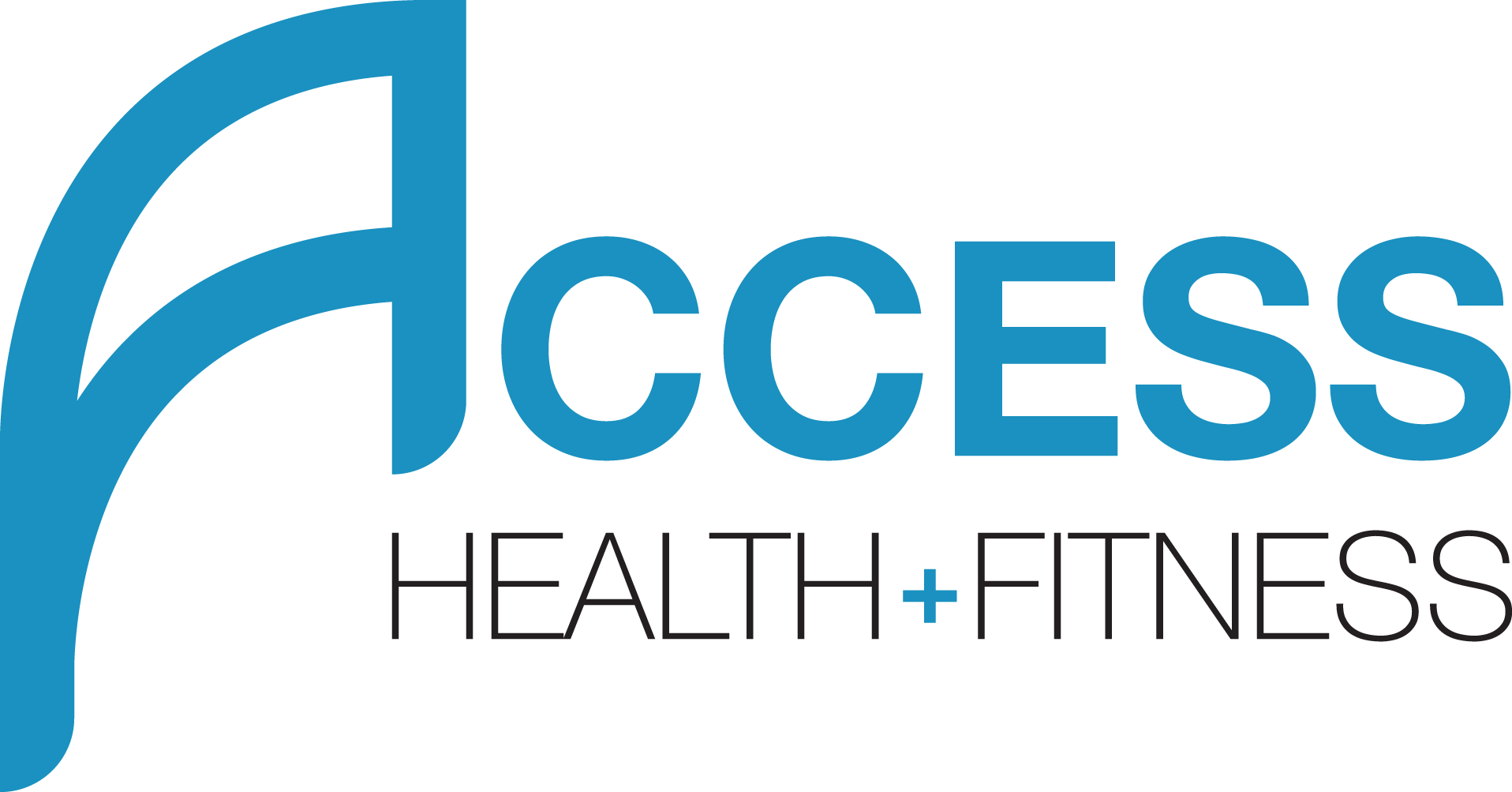Eat this, not that. Then, not now! Why your diet is failing you...
Here’s the problem...
Today we are bombarded with an insurmountable amount of information at the click of a button, it's gotten to the point where the expression “Too many cooks” is something of an understatement when talking about the state of the health and fitness industry.
The real problem arises when trying to sort through this mêlée of often conflicting information in pursuit of an answer to your fat loss questions.
So who do you listen to when one ‘expert’ says that skipping breakfast could help you lose fat yet the generally accepted dogma states that skipping breakfast is the worst thing you can do for your health and your waistline?...
...Or which ‘diet’ do you jump on when they’re all claiming to have the magic formula for weight loss, or to get skinny, or whatever they happen to be pedaling?
The answer to these questions is surprisingly simple believe it or not... The best ‘diet’ there is, is the one that allows you to maintain a deficit of calories over time, without undue upheaval or disruption to your lifestyle and happiness- it’s that simple!
Some diets call for the intake of carbohydrates at certain times of day, or that you consume nearly all of your calories inside of a certain window of time. Others state that the total exclusion of certain macronutrients all together is the answer to quick fat loss but the fact remains that if you cannot envision yourself eating this way in 6 weeks, 6 months or even a year and you cannot maintain a calorie deficit, then that particular diet will never work for you.
So how do we tailor our diets to make them sustainable.
The way we like to approach nutrition with our clients here at Access Fitness is to implement small, easily implemented changes into nutrition habits that cause as little stress to the client as possible- this way we can build on and form new habits over time that are far more likely to be sustained and eventually become second nature.
Firstly, keeping a record of the foods you consume (usually paper food diaries) the individual becomes a lot more aware of the types and quantities of food they’re consuming. As a general rule we tend to drastically underestimate the amount of food we consume on a daily basis so having it written down in front of you can be a bit of an eye opener.
Also, this often leads to a conscious effort to consume less of the foods that we know make us fat and more of the healthy, nutrient dense foods that carry far more nutritional benefit.
Increasing your protein intake is a great way to aid recovery between workouts, preserve lean muscle mass and feel full and more satiated with each meal. As an added bonus, the consumption of protein causes an increase in the release of a hormone called peptideYY that plays a role in the regulation of appetite and food intake, contributing to feelings of satiety. Imagine trying to eat kcal2000 of cake versus the same calories in chicken breast, I bet it would take ten times as long to get through the chicken.
Preparation is the single most important factor in maintaining a consistent, healthy diet. Simple measures like cooking twice as much dinner and using the remainder for the next days lunch or baking whole chickens and other meats over the weekend to save a ton of time and keep you from having to battle temptation in the local convenience store on your lunch break.
If you don't feel hungry in the mornings that's fine, just make sure you have something healthy prepared for when you do need to eat and consider taking on some fast acting protein first thing to protect that hard earned lean muscle.
If you find it too stressful to think about macronutrient amounts and timing then create balanced meals instead; some carbs, protein, some fats and plenty of veggies with each meal. Keep a note of your food and adjust accordingly.
It doesn't need to be anymore complicated than that, unless you thrive on details and intricacies. In any case it has to work for you or it will never work at all.
Goodluck, Ollie x
